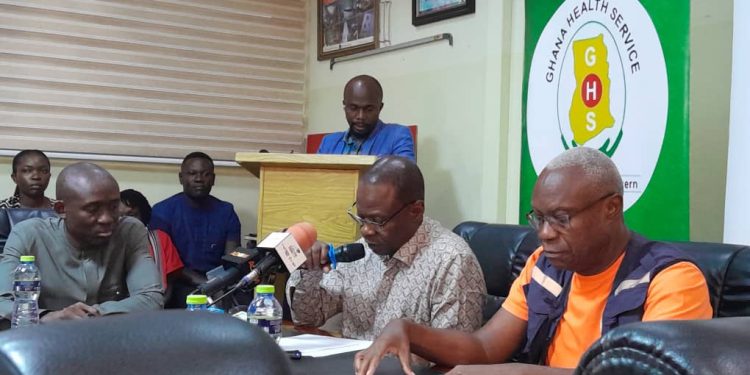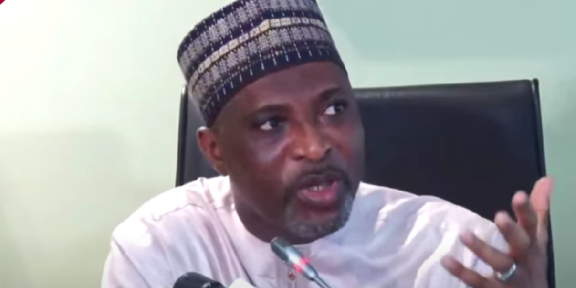The Ghana Health Service (GHS) has officially rolled out the oral cholera vaccine as part of its efforts to control the ongoing cholera outbreak in the country.
This initiative comes in response to the recent cholera outbreak, which has claimed the lives of 21 individuals, with the Awutu Senya East District in the Central Region identified as a key hotspot.
The vaccination campaign is set to begin on today [Saturday, November 30], in Awutu Senya East, targeting three sub-districts in the region.
The GHS will implement a phased rollout strategy, with vaccination teams visiting homes, workplaces, religious gatherings, and social events to ensure widespread coverage.
Mobile teams will also be stationed at health centres and hospitals to reach as many people as possible.
Dr. Patrick Kuma-Aboagye, the Director-General of the GHS, during a press briefing on Friday, November 29, emphasised the importance of combining the cholera vaccination with other preventive measures, including improved sanitation and access to clean water.
“While the cholera vaccine adds an extra layer of protection, it does not replace essential measures such as proper sanitation and access to safe drinking water,” he noted.
Dr. Kuma-Aboagye also urged the public to adopt better hygiene practices, such as frequent handwashing with soap and running water, eating freshly cooked food, and maintaining clean surroundings.
The oral cholera vaccine is recommended for all individuals aged two years and older, except for pregnant and breastfeeding women.
The vaccine has been approved by the Food and Drugs Authority and is deemed both safe and effective.
The GHS has committed to monitoring the vaccine’s impact throughout the duration of the campaign.
Dr. Kuma-Aboagye also called on parents and caregivers to ensure their children receive the vaccine and encouraged journalists to help spread accurate information about the vaccine and its benefits.
In addition, the GHS announced the introduction of a second dose of the inactivated polio vaccine (IPV) into the national immunization schedule.
Starting December 1, children aged seven months and above will receive the second dose, offering added protection against polio.






























